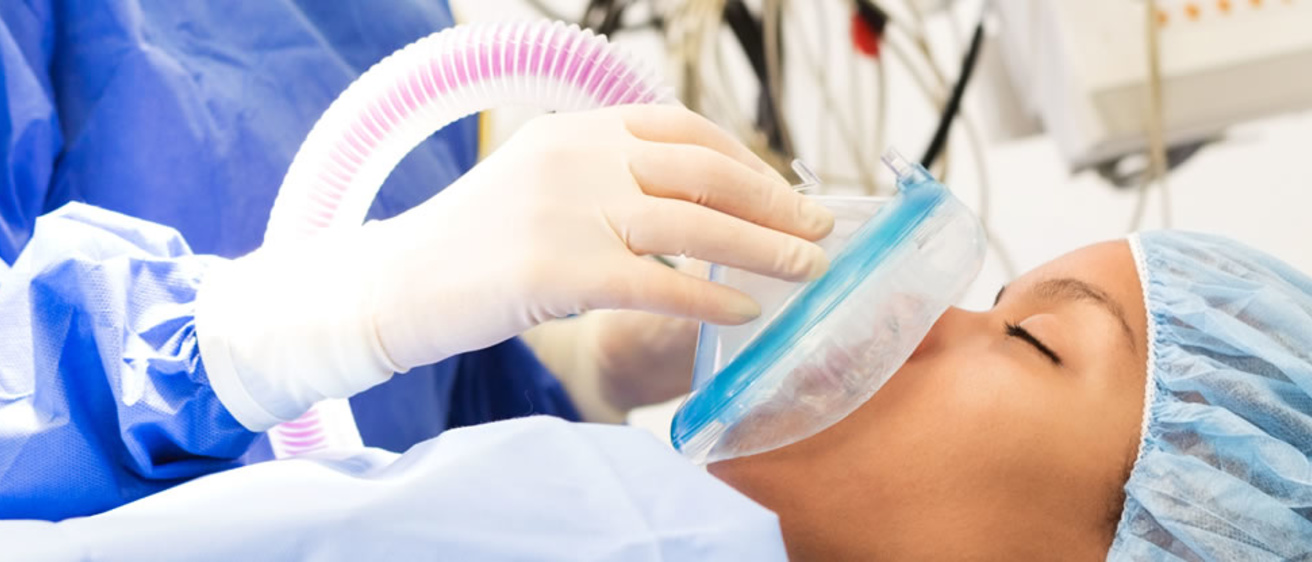Main navigation
Upon completion of the program of study for the Anesthesia Nursing Program graduates will have knowledge, skills and competencies in patient safety, the perianesthetic management, critical thinking, communication, and the professional role.
- Patient safety is demonstrated by the ability of the student to:
- Be vigilant in the delivery of patient care.
- Protect patients from iatrogenic complications.
- Participate in the positioning of patients to prevent injury.
- Conduct a comprehensive and appropriate equipment check.
- Utilize standard precautions and appropriate infection control measures.
- Individualized perianesthetic management is demonstrated by the ability of the student to:
- Provide care throughout the perianesthetic continuum.
- Use a variety of current anesthesia techniques, agents, adjunctive drugs, and equipment while providing anesthesia.
- Administer general anesthesia to patients of all ages and physical conditions for a variety of surgical and medically related procedures.
- Provide anesthesia services to all patients, including trauma and emergency cases.
- Administer and manage a variety of regional anesthetics.
- Function as a resource person for airway and ventilatory management of patients.
- Possess current advanced cardiac life support (ACLS) recognition.
- Possess current pediatric advanced life support (PALS) recognition.
- Deliver culturally competent perianesthetic care throughout the anesthesia experience.
- Critical thinking is demonstrated by the student's ability to:
- Apply theory to practice in decision-making and problem solving.
- Provide nurse anesthesia care based on sound principles and research evidence.
- Perform a preanesthetic assessment and formulate an anesthesia care planfor patients to whom they are assigned to administer anesthesia.
- Identify and take appropriate action when confronted with anesthetic equipment-related malfunctions.
- Interpret and utilize data obtained from noninvasive and invasive monitoring modalities.
- Calculate, initiate, and manage fluid and blood component therapy.
- Recognize and appropriately respond to anesthetic complications that occur during the perianesthetic period.
- Pass the Council on Certification of Nurse Anesthetists' certification examination.
- Communication skills are demonstrated by the student's ability to:
- Effectively communicate with all individuals influencing patient care.
- Utilize appropriate verbal, nonverbal, and written communication in the delivery of perianesthetic care.
- Professional role is demonstrated by the student's ability to:
- Participate in activities that improve anesthesia care.
- Function within appropriate legal requirements as a registered professional nurse, accepting responsibility and accountability for his or her practice.
- Interact on a professional level with integrity.
- Teach others.
- Participate in continuing education activities to acquire new knowledge and improve his or her practice.
